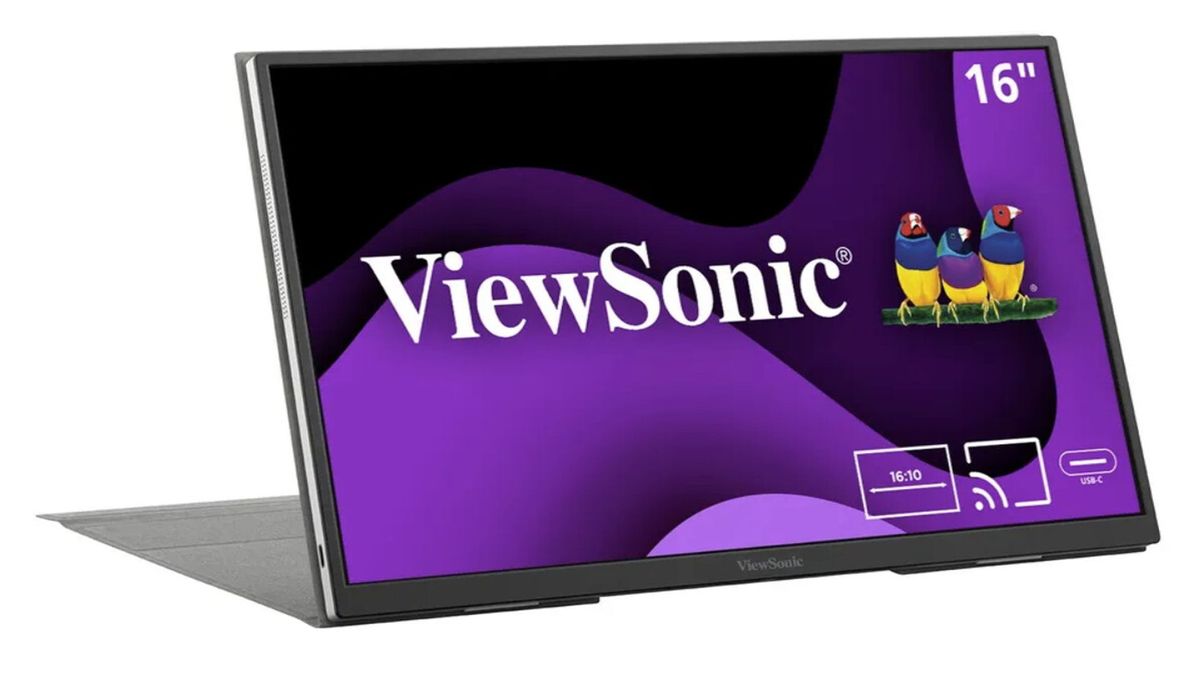Serving tech enthusiasts for over 25 years.
TechSpot means tech analysis and advice you can trust.
Something to look forward to: As the gaming industry continues to evolve and integrate more complex financial systems, a federal rule has been proposed to better protect players. The response of game developers and publishers to these potential new regulations – and how these rules might reshape in-game economies – remains to be seen.
The federal consumer watchdog agency, the Consumer Financial Protection Bureau (CFPB), has proposed a new rule that could fundamentally change how virtual video game currencies are regulated. On Friday, the CFPB announced its intent to extend protections similar to those applied to real-world bank accounts to in-game currencies, acknowledging the growing importance of these digital assets in the gaming ecosystem.
This proposed rule aims to clarify the rights of video game consumers under the Electronic Fund Transfer Act. If implemented, it would require gaming companies to address financial issues reported by customers in a manner similar to how banks handle claims of fraudulent activity. This means players could potentially receive refunds or compensation for unauthorized transactions involving in-game currencies.
The CFPB's decision comes in response to a surge of complaints filed with both the bureau and the Federal Trade Commission. These grievances highlight various issues, including unauthorized transactions, scams, hacking attempts, and account theft within video games and virtual worlds. Many consumers have reported receiving minimal assistance from gaming companies when facing such problems.
To gather more information and insights, the CFPB has opened a public comment period lasting from Friday through March 31. The agency is particularly interested in hearing from gamers about their experiences with in-game transactions, any issues they've encountered with virtual currencies, and how gaming companies have responded to their concerns.
If enacted, the proposed rule could have significant implications for popular gaming platforms like Roblox, which uses its own virtual currency, Robux. Currently, Roblox advises users to contact customer support before disputing charges with their banks. However, the CFPB's April report revealed that many players who sought help from their financial institutions regarding unauthorized charges on Roblox subsequently had their accounts locked or terminated by the company.
This new regulatory approach reflects the CFPB's recognition of gaming platforms as early adopters of technologies that often expand into broader, mainstream use. The bureau is particularly concerned about the impact on young users, who are being exposed to spending money within virtual environments from an early age.
It is worth noting that not all games with virtual currencies may fall under this proposed rule. For example, games like Fortnite, where the virtual currency cannot be converted or transferred between players, might not be affected.









:quality(85):upscale()/2025/01/14/931/n/1922564/0dc333a96786d52b2c80c7.95468346_.jpg)
 English (US) ·
English (US) ·